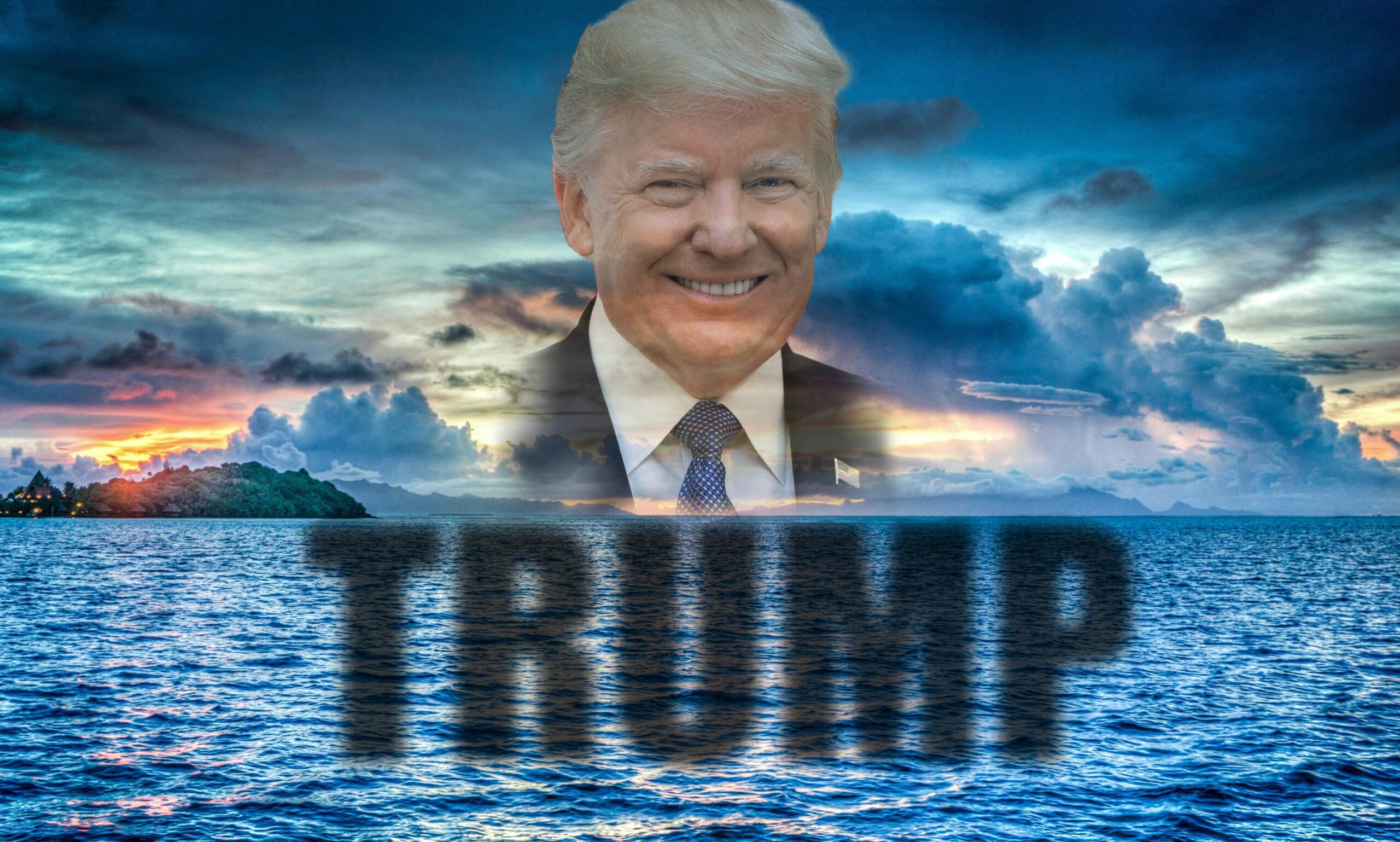House Republicans are proposing legislation to rename the U.S. Exclusive Economic Zone (EEZ) after former President Donald Trump. The bill, introduced by Florida Representative Greg Steube, aims to rechristen the area as the “Donald John Trump Exclusive Economic Zone of the United States.” This zone encompasses approximately 4.3 million nautical miles extending up to 200 nautical miles from the U.S. territorial sea baseline.
Steube, a staunch ally of Trump, announced the legislation on Trump’s 78th birthday, framing it as recognition of the former president’s contributions to American strength and prosperity. “Floridians know the great value of our coastal natural resources and how important it is to have a president who cares about the strength and resilience of our oceans,” Steube stated. This assertion, however, sits controversially against Trump’s environmental track record, which saw the rollback of nearly 100 environmental regulations during his term.
Trump’s administration was marked by significant deregulation, particularly in regards to environmental protections. His policies dismantled key safeguards for clean water, air, and wildlife, while sidelining climate scientists and dismissing the climate crisis as a “hoax.” These actions were part of a broader agenda to boost fossil fuel production, encapsulated in his “drill baby drill” slogan, which continues to be a rallying cry for his current 2024 campaign.
The proposed renaming of the EEZ has been met with sharp criticism from environmental advocates who argue that such a move would celebrate policies they believe have done lasting damage to the planet. They warn that initiatives like the Heritage Foundation-backed Project 2025, which Trump supports, could further erode federal environmental protections, leading to increased offshore oil and gas drilling and the dismantling of critical agencies like the National Oceanic and Atmospheric Administration.
Despite the fervor surrounding the proposal, the bill faces an uphill battle in a Democratically controlled Senate. The symbolic gesture of renaming vast coastal waters may struggle to gain traction amidst broader legislative priorities and contentious partisan divides.
Steube’s effort to memorialize Trump’s legacy through this legislation follows similar initiatives. Earlier this year, Pennsylvania Representative Guy Reschenthaler introduced a bill aiming to rename Washington-Dulles International Airport after Trump. In response, Congressional Democrats humorously suggested naming a federal prison in Florida after the former president, who is embroiled in numerous legal battles, including 34 felony counts in New York and other charges related to efforts to overturn the 2020 election.
As the legislative process unfolds, this proposal will undoubtedly provoke fierce debate, reflecting the enduring impact of Trump’s presidency on America’s political and environmental landscape.


Leave a Comment